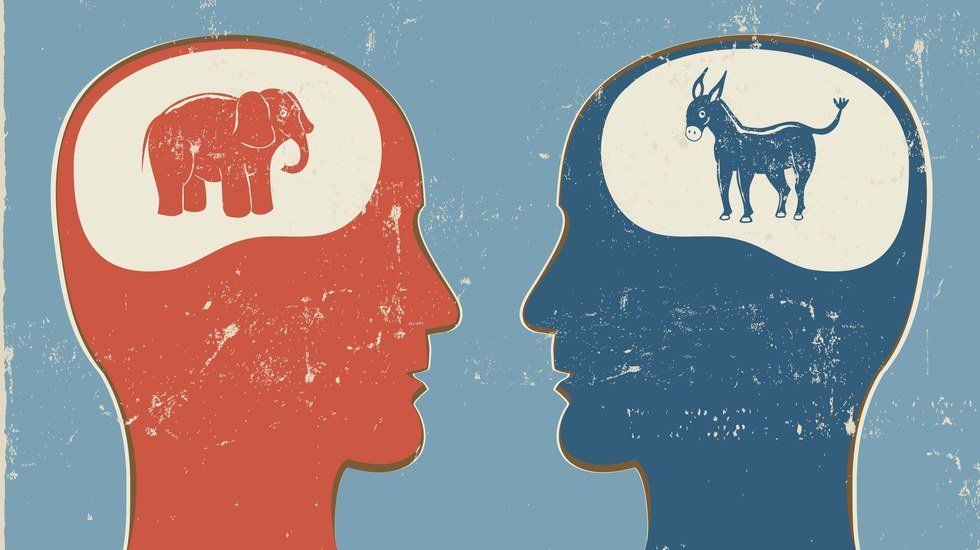As we put 2016, a year filled with bitterness and animosity behind us, it would be wise to reflect on some personal virtues that may help to alleviate the fundamental tensions left behind by a particularly bitter election season. I offer two simple pieces of advice:
1. Understand the other.
By this I mean that each of us should make a conscious effort to understand those who are different from ourselves. Politically, this means rejecting the urge to demonize our political opposition. There is a tendency in politics to cast one’s opponents as evil, destructive overlords who are secretly plotting to destroy the country. Politicians create this animosity in order to spread fear, which serves as an overwhelmingly effective motivator for voters. Yet this has deeper and more destructive consequences as an increasingly polarized nation comes to fear and hate their political opposition. Over the past decade, this has played out in a dramatic way in the United States as the country has become more polarized, and fear of the other party has risen dramatically. Today, nearly 27% of Democrats say that Republicans are a threat to the nation, while 36% of Republicans view Democrats as a threat to the nation. This drives an interpersonal divide among us as a people, with many of the most extreme ideologues on both sides refusing the associate with the other side, destroying constructive political debate. Yet the problem is that these narratives are not true. Here in the United States, neither side is evil, they both simply have opposing viewpoints on how the country should be run. To frame your political opponents as immoral monsters is to fall prey to the tricks of politicians who want you to fear their opponents because it means that you will vote for them. They construct a narrative that makes them the good guy, the protector of what is right, and as we all know, every story must have a bad guy leading to the demonization of one’s political opponents. Political debate should focus on the merits of a person’s ideas and not be distracted by partisan fear mongering. Recognizing this simple fact is the first step in healing the deep partisan divide that exists in this post-2016 world. We must strive to understand and work with our ideological opponents not fear them.
2. Challenge your own ideas.
As I have discussed in an earlier article, humans have a tendency to insulate themselves from opposing ideas. It is easy to believe with certainty one’s own ideas while heartily rejecting any contradictory evidence. The internet and the modern age in general have made this much easier, as people are able to hide behind self-perpetuated echo chambers that preserve their confidence in their own thinking while blocking out any type of opposition. Ideas are best when they are challenged and sharpened by opposing viewpoints. That is one of the main advantages of a competitive democratic system. Ideas are tested by fire, and only the best are approved. Yet if we as a people are not willing to listen to opposing viewpoints, then this process cannot take place. We must open ourselves to the other side and competitively debate on the substance of the issues in order to produce the best ideas and create a better society. It is only when we, as individuals, leave our self-constructed fortress of our own ideologies that we are able to understand opposing ideas and sharpen our own.





















